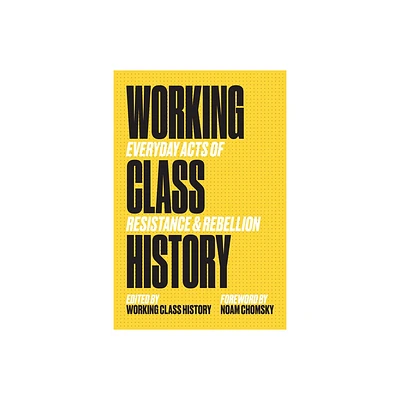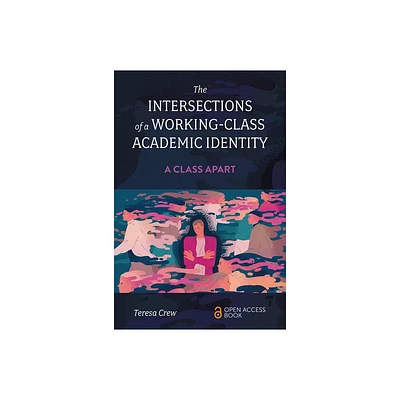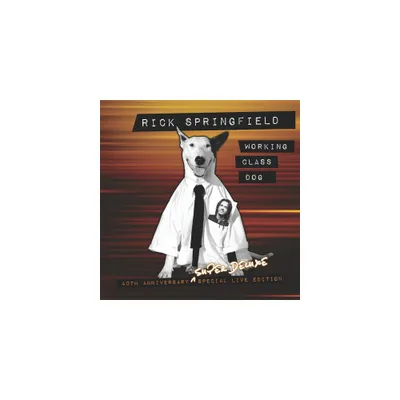Home
The Lives of Working Class Academics: Getting Ideas Above your Station
Loading Inventory...
Barnes and Noble
The Lives of Working Class Academics: Getting Ideas Above your Station
Current price: $104.99


Barnes and Noble
The Lives of Working Class Academics: Getting Ideas Above your Station
Current price: $104.99
Loading Inventory...
Size: Hardcover
*Product Information may vary - to confirm product availability, pricing, and additional information please contact Barnes and Noble
Traditionally academia has been seen as an elite profession, for those with an academic background and from the middle/upper classes. This is what makes the life of a working class academic all the more interesting, rich and powerful. How have they become who they are in an industry steeped in elitism? How have they navigated their way, and what has the journey been like? Do they continue to identify as working class or has their social positioning and/or identities shifted?
Iona Burnell Reilly presents a collection of autoethnographies, written by working class academics in higher education – how they got there, what their journeys were like, what their experiences were, if they faced any struggles, conflicts, prejudice and discrimination, and if they had to, or still do, negotiate their identities. Told in their own words the academics chart their journeys and explore their experiences of becoming an academic while also coming from a working class background.
Although a working class heritage under-pins the autoethnography of each of the writers, the interlocking sections between class, race, gender and sexuality will also be relevant.
Iona Burnell Reilly presents a collection of autoethnographies, written by working class academics in higher education – how they got there, what their journeys were like, what their experiences were, if they faced any struggles, conflicts, prejudice and discrimination, and if they had to, or still do, negotiate their identities. Told in their own words the academics chart their journeys and explore their experiences of becoming an academic while also coming from a working class background.
Although a working class heritage under-pins the autoethnography of each of the writers, the interlocking sections between class, race, gender and sexuality will also be relevant.


















